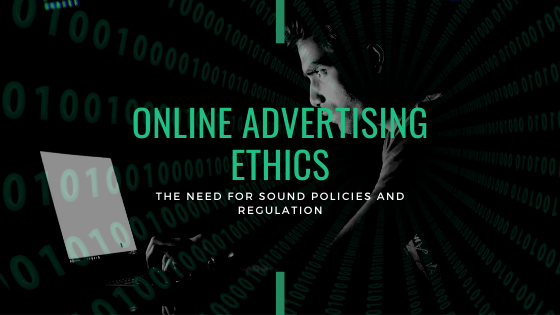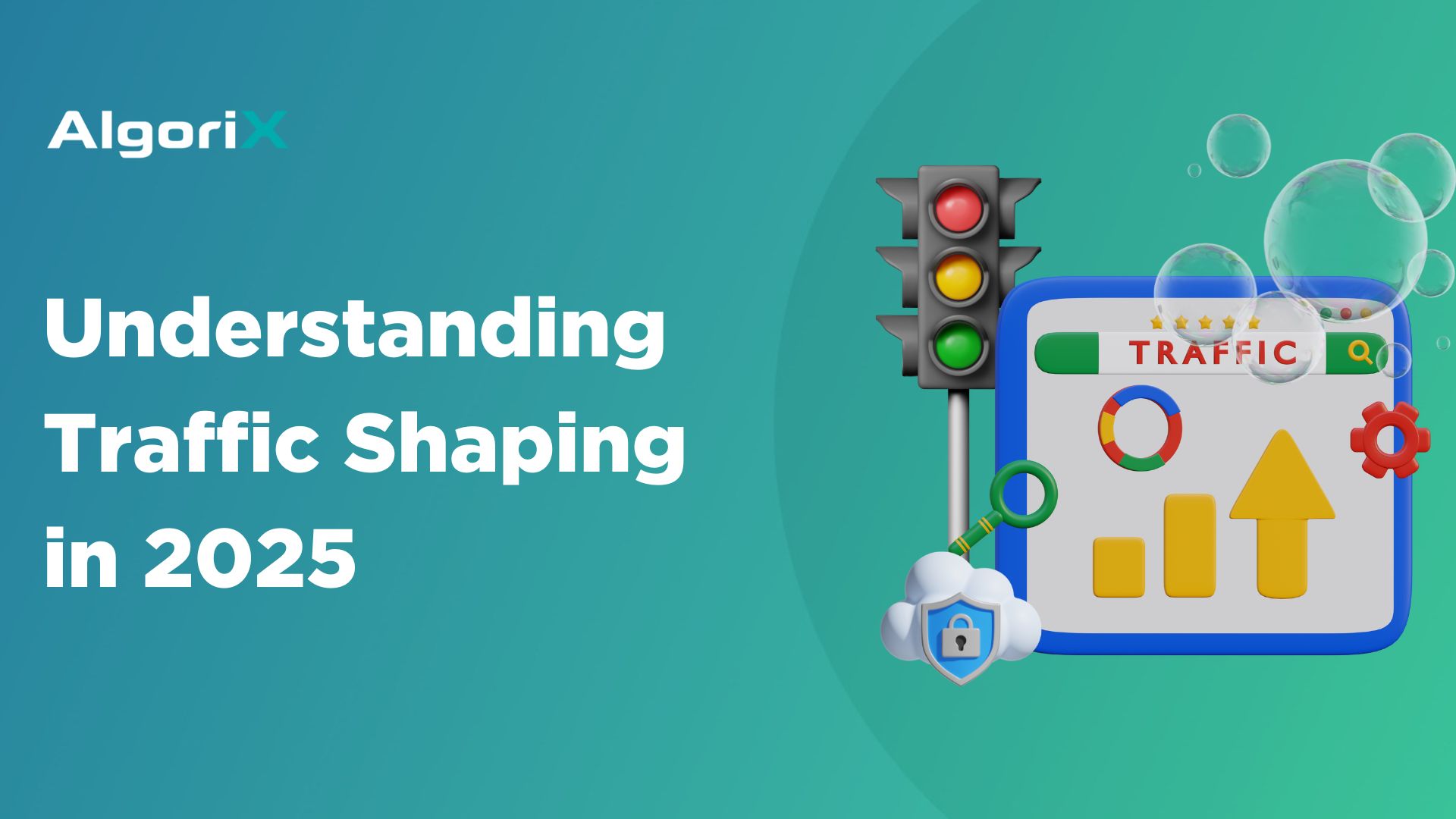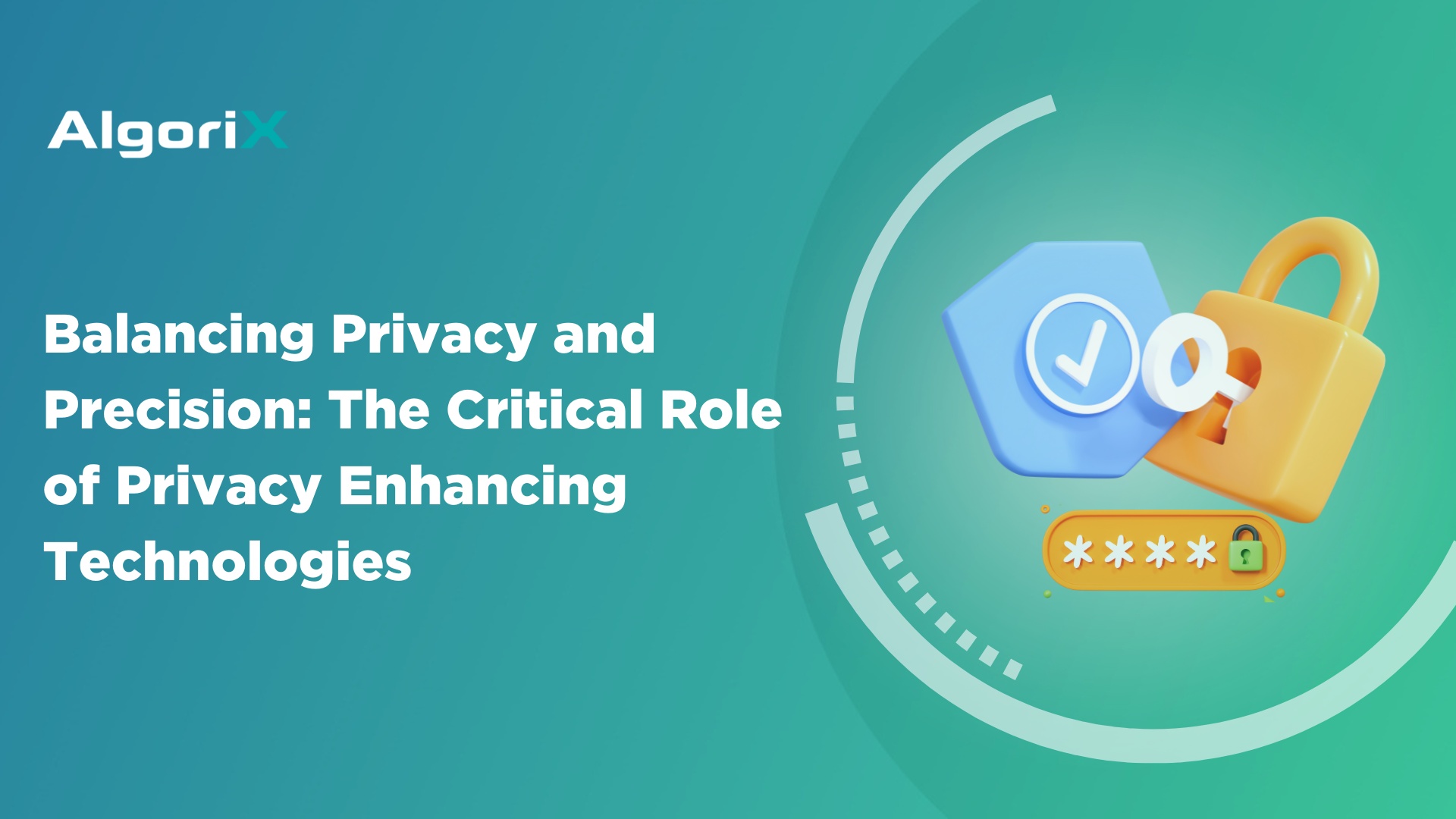Part of the Internet Advertising Bureau’s (IAB) discussion during the 2020 Annual Leadership Meeting is the call for sound regulation policies amid the General Data Protection Regulation (GDPR) and the California Consumer Privacy Act. When you come to think of it, advertising, like any other industry, should be heavily regulated. In the absence of regulation, there can be abuse and misuse of relevant data. Whilst in the pursuit of ad revenue, it will not be surprising to see ethics being cast aside. Regulation is in place to protect not only industry players, but also the consumers.
Advertising Control: What Is It All About?
These recent regulations are in place because of the abuse in the use of consumer data. Consumers are now fighting back to regain their rights. For years, there has been contention on ad regulation. Some would argue that democracy allows for every product to have the right to advertisements. They associate free speech to being permitted to give “voice” to their brands. The other end of the spectrum, however, would argue that not all products and services are created equal – some products are neutral while some can have safety and health issues and therefore, must not be given the same advertising rights.
Another factor that further complicates this issue on ad regulation is the consumer’s need for personalized and relevant advertisements without compromising their personal information. In the age of growing incidence of data breaches, no one can blame if consumers choose to be discreet about their personally identifiable information (PII). After all, it’s for their own protection.
Given all these, there must be a clear demarcation that separates which data should be publicized and kept private. At this point, however, it is difficult to achieve that simply because no one knows who should hold the authority over drawing this line.
You cannot let consumers take charge because it would be a tedious process to account for each consumer’s opinion about a product. Meanwhile, advertisers are out of the question, too, because they have vested interests. The next best thing is to hand over the authority to governments. Still, there are fears about how governments can use all these data to watch every person’s move.
Given all of the above, ad regulation may seem too far-fetched. However, it is not at all impossible. If you draw from the positive experiences of international organizations, control of advertising is doable. It needs a concerted effort from everyone involved.
Notable Advertising Regulations to Emulate
In China, the use of the Internet is heavily regulated. But, they are making good progress in terms of their advertisements. For one, marketers cannot use terminologies as the “best,” “most,” or other similar keywords to promote products. Those who violate can face hefty fines.
Similarly, Switzerland’s ad regulation is also worth noting. Despite the limited ad space, Swiss law manages to place ad regulations, particularly in the promotion of prescription drugs in any public media. Moreover, marketing for health-related products is only possible if it only speaks the truth about its nutritional claims.
Final Thoughts
Advertising is a fascinating world. With the latest advancements in technology, marketers have the best tools available for them. Some stellar examples in in-app advertising, particularly rewarded videos, have shown us that marketers can personalize user experience without exploiting data that may turn away consumers. Therefore, there should be no fear of ad regulations. Instead, it should be embraced as we enter a new era of ethical advertisements and responsible branding.













